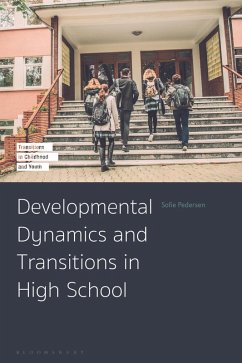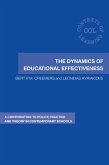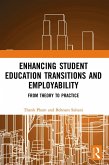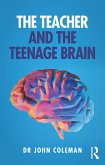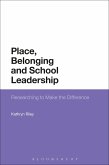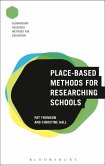This book is about young people and their transitions throughout their first year of high school, deepening our understanding of how it is to be young and enter new institutional settings, and how to understand the developmental dynamics of youth life. It explores the everyday life of six young people as they enter high school and follows them closely as they encounter and try to make sense of the different standards, values, and demands that are built into the institutional setting of high school.
The chapters explore the entanglements of personal motive orientation, interpersonal dynamics, institutional values and demands, as well as societal standards, and how subtle negotiations of who one is and ought to be are interwoven into the fabrics of everyday life. Hence the book explores variations on an institutional level - as different high school environments - along with variations on an interpersonal level, insisting on a person-environment reciprocity in the study of development.
Using cultural-historical activity theory and ecological psychology derived from theorists including Bang, Barker & Wright, Gibson, Lewin, Hedegaard, Ilyenkov, Stetsenko, and Vygotsky, Sofie Pedersen argues that developmental dynamics among young people cannot be reduced to individual nor social processes alone but are connected to institutional conditions and to concrete places. By insisting on a wholeness approach to the understanding of youth development, Pedersen reveals the developmental dynamics that unfold in the everyday lives of young people, and sheds new light on youth life dynamics, including the challenges that young people face.
The chapters explore the entanglements of personal motive orientation, interpersonal dynamics, institutional values and demands, as well as societal standards, and how subtle negotiations of who one is and ought to be are interwoven into the fabrics of everyday life. Hence the book explores variations on an institutional level - as different high school environments - along with variations on an interpersonal level, insisting on a person-environment reciprocity in the study of development.
Using cultural-historical activity theory and ecological psychology derived from theorists including Bang, Barker & Wright, Gibson, Lewin, Hedegaard, Ilyenkov, Stetsenko, and Vygotsky, Sofie Pedersen argues that developmental dynamics among young people cannot be reduced to individual nor social processes alone but are connected to institutional conditions and to concrete places. By insisting on a wholeness approach to the understanding of youth development, Pedersen reveals the developmental dynamics that unfold in the everyday lives of young people, and sheds new light on youth life dynamics, including the challenges that young people face.

